The 1970s gave us some of rock’s most enduring legends, but not every band that touched the charts stayed there. For every Led Zeppelin or Fleetwood Mac, there were dozens of talented groups who briefly captured lightning in a bottle before fading into obscurity. These one-hit wonders might have disappeared from the airwaves, but for those of us who lived through that magical musical decade, their signature songs can instantly transport us back to a time of bell-bottoms, muscle cars, and 8-track tapes.
1. Looking Glass
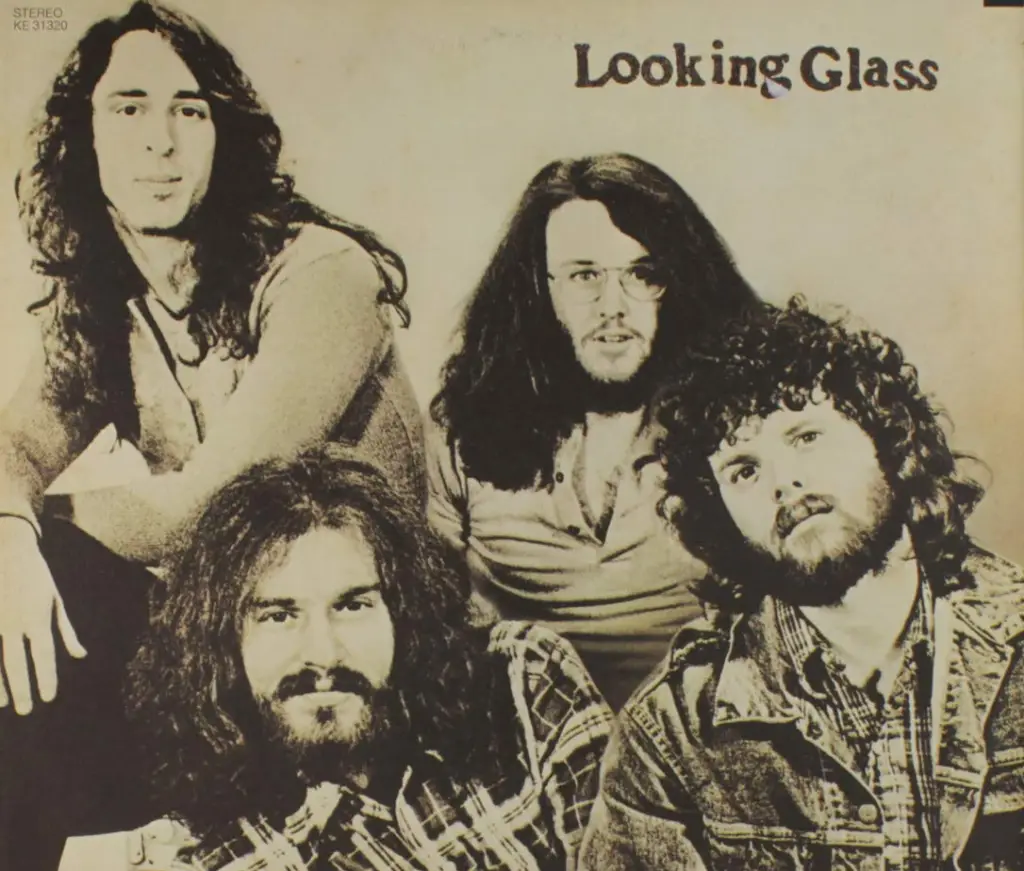
This New Jersey quartet rocketed to fame in 1972 with “Brandy (You’re a Fine Girl),” a wistful tale about a barmaid pining for a sailor that reached #1 on the Billboard charts. Lead singer Elliot Lurie’s distinctive voice and the song’s irresistible melody made it an instant classic that still enjoys regular radio play today. The band released three albums but never again cracked the Top 40 in any meaningful way. By 1974, Looking Glass had shattered, with members going their separate ways into session work and other musical ventures.
2. Blue Swede
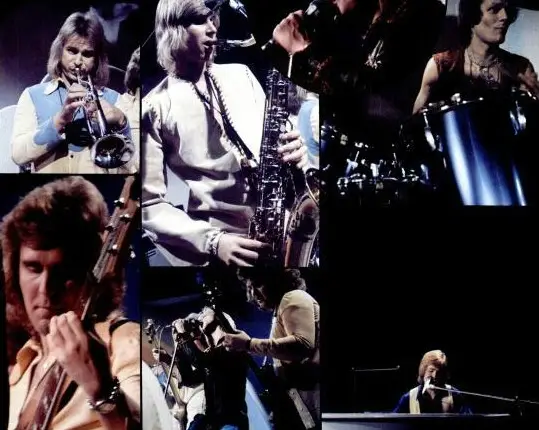
This Swedish rock group took a cover of B.J. Thomas’s “Hooked on a Feeling” and transformed it with their signature “ooga-chaka” chanting intro, sending it to #1 in 1974. Their version breathed new life into a song that was already five years old, giving it a quirky, infectious energy that was impossible to resist. Despite the massive success of this single, Blue Swede only released two albums before disbanding in 1975. Their lead singer Björn Skifs returned to a successful solo career in Sweden, while most Americans would only remember the band decades later when “Guardians of the Galaxy” featured their hit prominently.
3. Norman Greenbaum
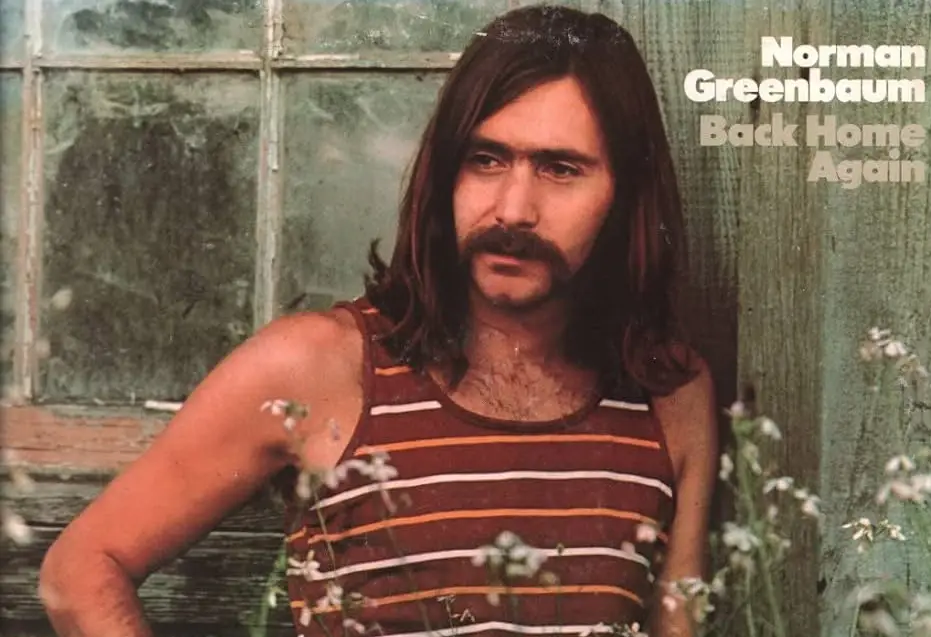
Though technically a solo artist rather than a band, Greenbaum created one of the decade’s most recognizable rock tracks with 1970’s “Spirit in the Sky,” featuring its unforgettable fuzz guitar intro and gospel-influenced sound. The song reached #3 on the Billboard charts and has been used in countless movies, commercials, and TV shows in the decades since. Despite being Jewish, Greenbaum wrote a convincing song about having “a friend in Jesus” that became one of the best-selling gospel-rock crossovers of all time. Though he released several albums, Greenbaum never again reached the charts, eventually leaving the music business to become a chef, while his signature song continued earning him royalties through constant media licensing.
4. Starland Vocal Band
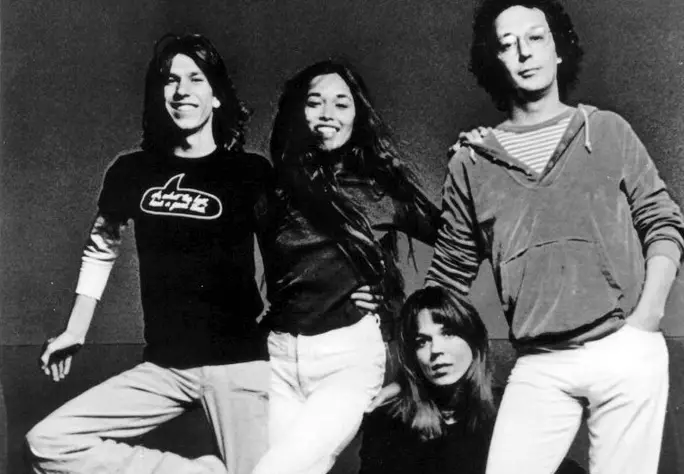
“Afternoon Delight” took the airwaves by storm in 1976, its seemingly innocent lyrics about midday romance delivering the Washington, D.C. quartet a #1 hit and Grammy Award for Best New Artist. The close harmonies and folk-rock sound captured the softer side of ’70s music, positioned somewhere between soft rock and country. Despite their promising start and even landing their own CBS variety show, the group never again reached the charts in any significant way. By 1981, Starland Vocal Band had dissolved, becoming one of the most famous examples of the “Grammy curse” for Best New Artist winners.
5. Pilot
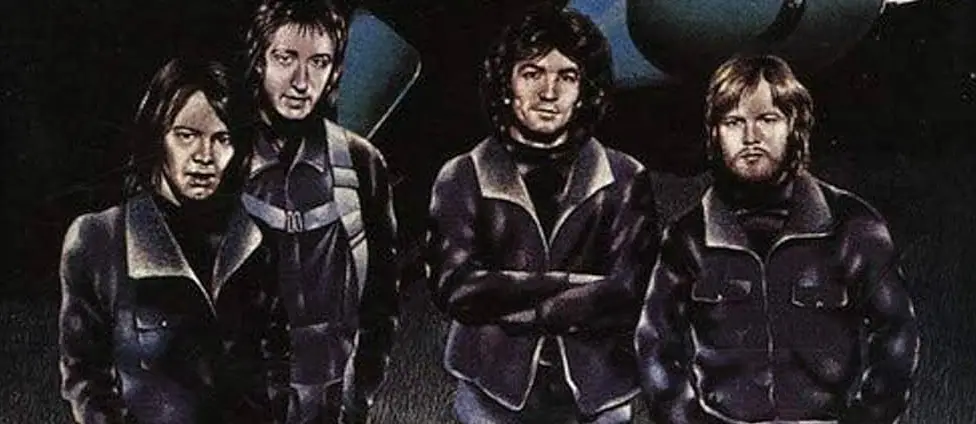
This Scottish rock band soared to #5 on the U.S. charts in 1975 with “Magic,” a bubblegum pop confection with its memorable “Oh, oh, oh, it’s magic” chorus. The song’s bright piano hook and sunny disposition made it an instant mood-lifter and earned the band appearances on top music shows of the era. Despite releasing several albums, Pilot never again found substantial success in America, though they had a couple of minor hits in the UK. Band members David Paton and Billy Lyall later found work with other projects, including the Alan Parsons Project, while “Magic” continued to enchant new generations through commercials and movie soundtracks.
6. Wild Cherry
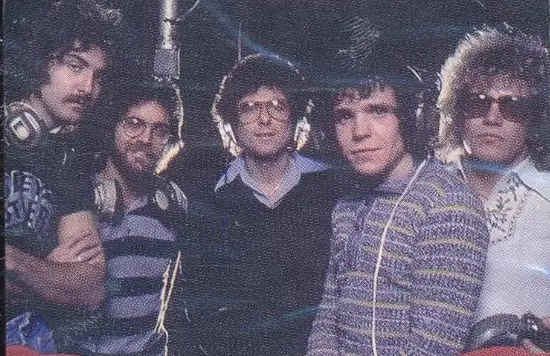
Few funk-rock crossover hits have ever matched the cultural impact of Wild Cherry’s 1976 smash “Play That Funky Music,” which topped the charts and went platinum. The Ohio band, led by guitarist Rob Parissi, created the perfect white-boy funk anthem that even dedicated rock fans couldn’t resist dancing to. Despite the explosive success of their debut single, Wild Cherry struggled to replicate that magic on subsequent releases. By 1979, the band had dissolved after four albums, though their signature hit remains a dance floor staple at weddings and parties nearly five decades later.
7. Sugarloaf
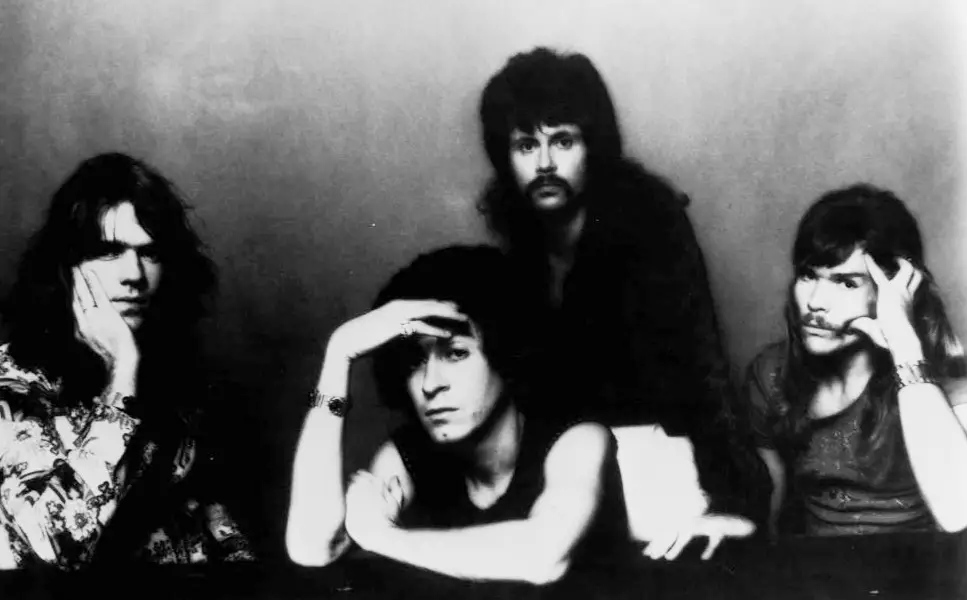
Denver-based Sugarloaf struck gold in 1970 with “Green-Eyed Lady,” a jazz-influenced rock gem featuring a mesmerizing organ solo that climbed to #3 on the Billboard charts. The band did manage one more minor hit with “Don’t Call Us, We’ll Call You” in 1975, which cleverly incorporated the CBS network rejection tone into the song. After four albums that showcased impressive musicianship but yielded diminishing commercial returns, the group disbanded in 1978. Keyboardist and vocalist Jerry Corbetta later toured with Frankie Valli and the Four Seasons, while “Green-Eyed Lady” remained Sugarloaf’s enduring legacy.
8. Paper Lace
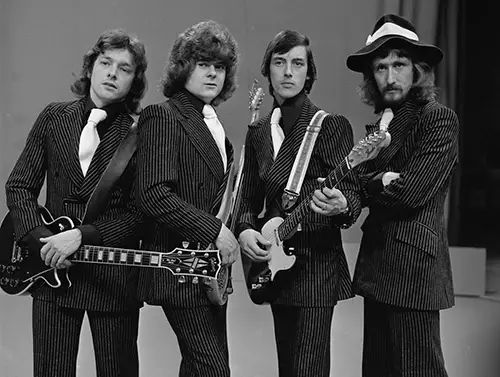
This British pop group scored their lone American hit in 1974 with “The Night Chicago Died,” a fictional tale about Al Capone’s gangsters battling the Chicago police that reached #1 on the Billboard charts. The song’s dramatic storytelling and catchy chorus made it an unlikely smash despite its historical inaccuracies. Ironically, Paper Lace lost their chance at a second hit when Bo Donaldson and the Heywoods released “Billy, Don’t Be a Hero” in America before them, even though Paper Lace had the original hit version in the UK. By 1976, the band had effectively disbanded, though various incarnations have performed on the nostalgia circuit over the decades.
9. Nazareth
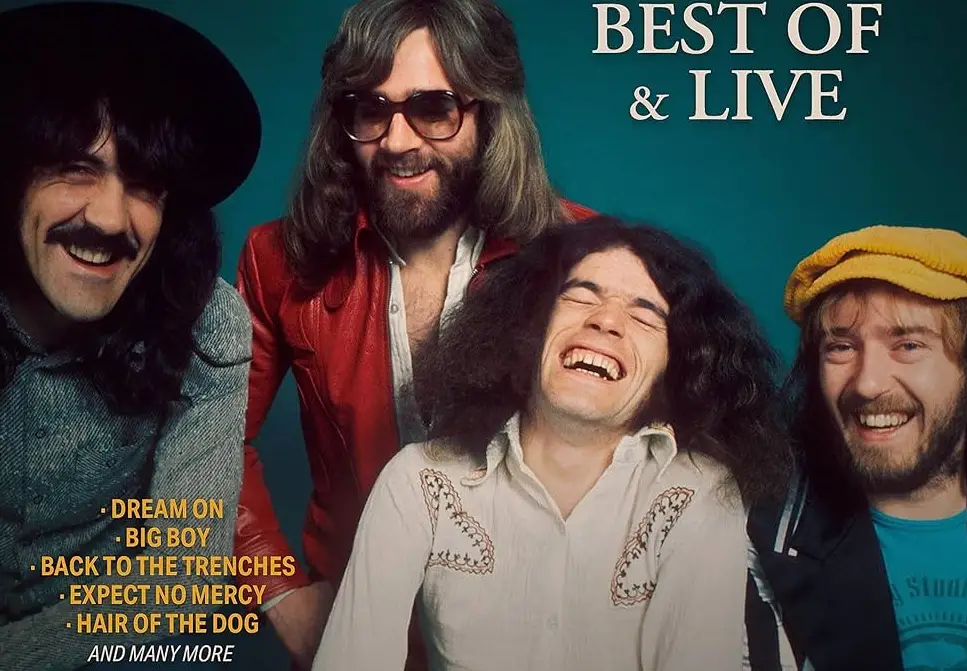
This hard-rocking Scottish band scored their only major U.S. hit with their emotional power ballad “Love Hurts” in 1975, a cover of an Everly Brothers song that reached #8 on the Billboard chart. Lead singer Dan McCafferty’s raspy, powerful vocal performance turned the track into one of the definitive rock ballads of the decade. While Nazareth enjoyed consistent success in Europe and Canada throughout their career, American audiences largely viewed them as one-hit wonders. Remarkably, unlike most bands on this list, Nazareth continued recording and touring for decades, releasing over twenty albums and maintaining a dedicated international following despite their limited U.S. chart presence.
10. Edison Lighthouse
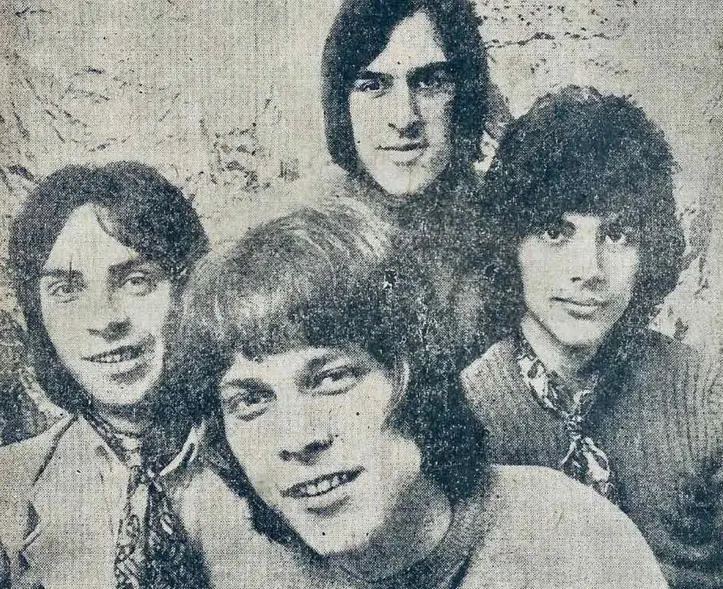
This British pop group lit up the charts in 1970 with “Love Grows (Where My Rosemary Goes),” a sunshine pop confection that topped the UK charts and reached #5 in America. The upbeat tune, featuring Tony Burrows on lead vocals, embodied the brightest, most optimistic side of early ’70s pop with its bouncy rhythm and carefree lyrics. Interestingly, Burrows achieved the rare distinction of charting with four different one-hit wonder groups in a single year, also singing lead for White Plains, Brotherhood of Man, and The First Class. Edison Lighthouse underwent numerous personnel changes and never again found significant success, though their hit single remains a staple on oldies radio and ’70s compilation albums.
11. Brewer & Shipley
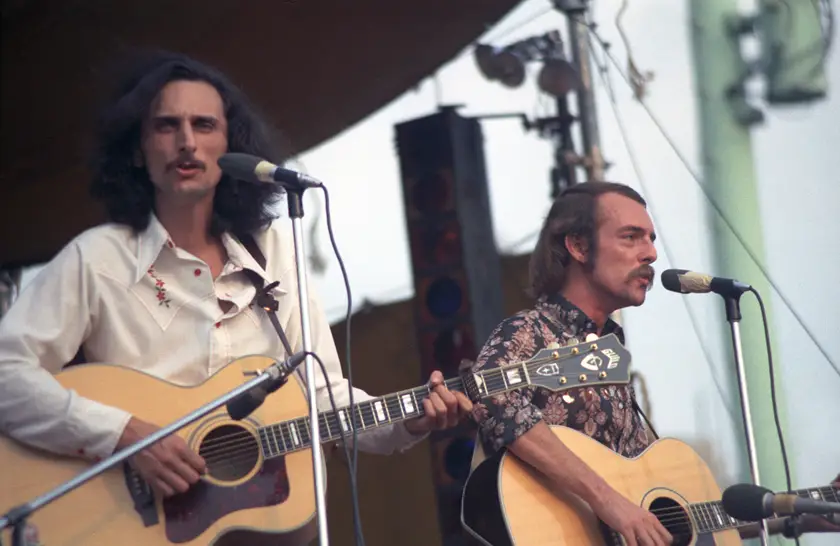
Folk-rock duo Mike Brewer and Tom Shipley reached #10 on the charts in 1971 with “One Toke Over the Line,” a counterculture anthem that became controversial for its drug references despite its laid-back, harmonic sound. The song gained additional notoriety when it was bizarrely performed on “The Lawrence Welk Show” as a “modern spiritual,” apparently missing the song’s actual subject matter. Despite releasing seven albums and having genuine folk credibility, the duo never again cracked the Top 40. Brewer & Shipley eventually stopped recording but reunited decades later for occasional performances, their place in rock history secured by their one hit that perfectly captured the spirit of the early ’70s.
12. Starbuck
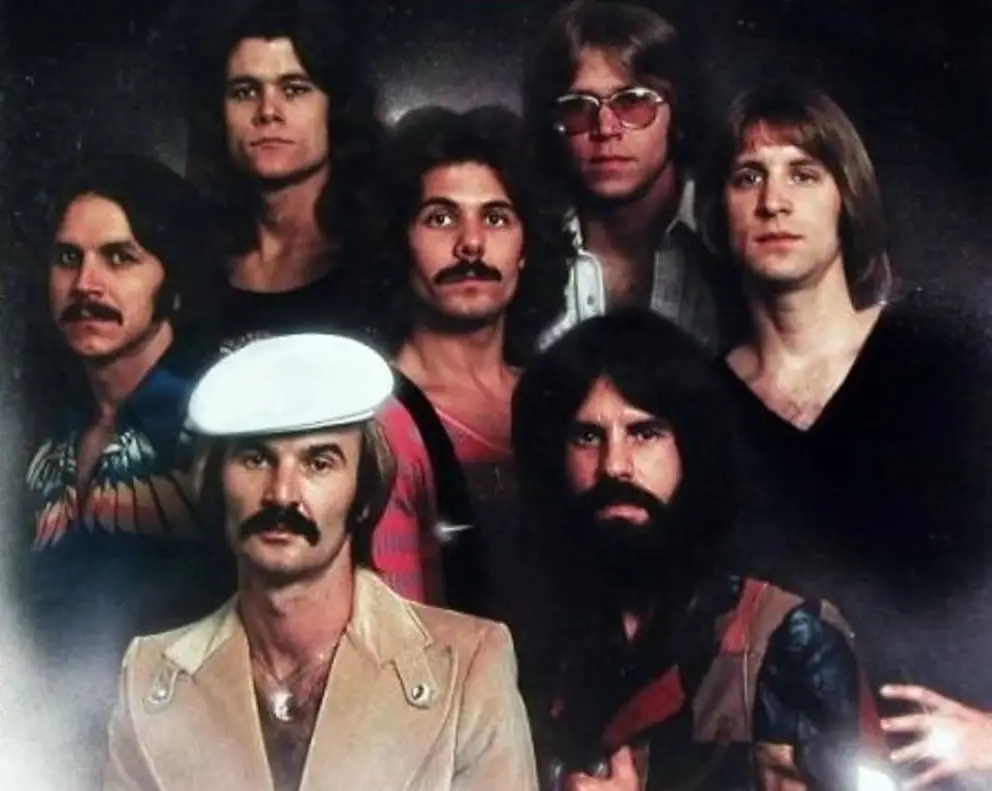
Atlanta-based Starbuck served up the infectiously catchy “Moonlight Feels Right” in 1976, complete with a distinctive marimba solo that helped propel the soft rock tune to #3 on the Billboard Hot 100. The smooth vocals and jazzy instrumentation made it a perfect soundtrack for warm summer nights, capturing the laid-back essence of mid-’70s AM radio. Though they managed one more minor hit with “I Got to Know” reaching #43, Starbuck couldn’t maintain commercial momentum despite releasing four albums. The band dissolved in 1980, but “Moonlight Feels Right” continues to evoke nostalgic sighs from anyone who came of age during the Ford administration.
The beauty of these one-hit wonders isn’t just in the songs themselves, but in how they’ve become time capsules of a bygone era. Each track carries with it memories of where we were, who we were with, and what life felt like when these tunes first blasted from our car radios. Though these bands may not have achieved lasting stardom, they gave us perfect musical moments that, decades later, can still bring a smile of recognition and a flood of memories. Perhaps there’s something special about these fleeting musical relationships—like summer romances, their brevity makes them all the more precious.


